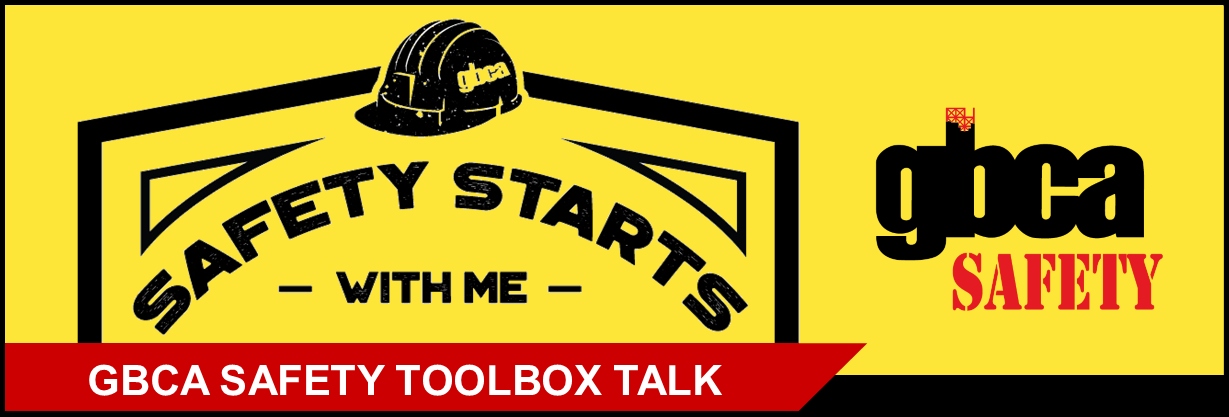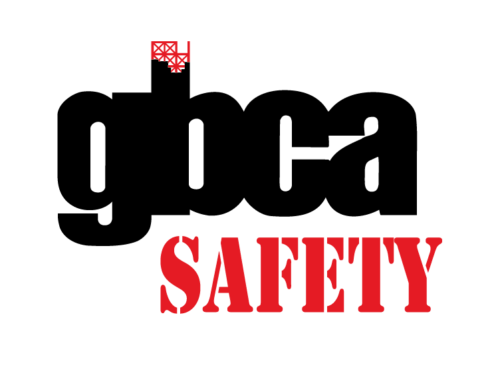This GBCA Safety Toolbox Talk provides tips for staying hydrated. Click below to download the Toolbox Talk as a one-page handout.
Tips for Staying Hydrated
As summer temperatures hit the higher numbers it is very important to stay hydrated. Your body is designed to sweat, which allows the skin to wick heat from your body. Staying hydrated helps the body produce more sweat and keep the body cool, keeping you safer in the heat. Remember: One of the best defenses against heat related illnesses and injuries is prevention.
Here are a few simple things you can do to stay hydrated:
- Begin your day well-hydrated. Drink plenty of fluids the day before, during, and after your workday. Remember that coffee is a diuretic and will dehydrate your body.
- Avoid alcohol the day before working in excessive heat: Remember that hydration starts the night before.
- Drink enough water/electrolyte supplement to prevent thirst. If you’re thirsty, you may have already lost about 2% of your body’s fluids and it’s time to replenish.
- Monitor fluid loss by checking the color of your urine: It should be pale yellow, not dark yellow, and not too smelly or cloudy.
- For longer jobs that last more than two hours, drink electrolyte-containing beverages such as sports drinks. You lose salt and other electrolytes when you sweat. Substantial loss
of electrolytes can cause muscle cramps and other dangerous health problems. - Eat at least five cups of fruits and vegetables per day for optimum health, as they all contain various levels of water and potassium.
Here are some tips to help make sure that your sweat is effective:
- Wear loose-fitting clothing that allows for air to circulate around your body, and for your sweat to evaporate and wick heat away.
- Wear lighter colors. Dark colors absorb heat under bright light (e.g. sunlight).
- Wear clothes made of natural fibers, such as cotton. Materials such as polyester do not breathe as well and trap heat against the body.
Remember to record the attendees of your toolbox talk!
Access GBCA’s full library of toolbox talks:





